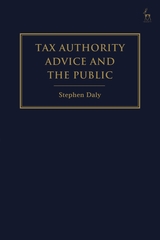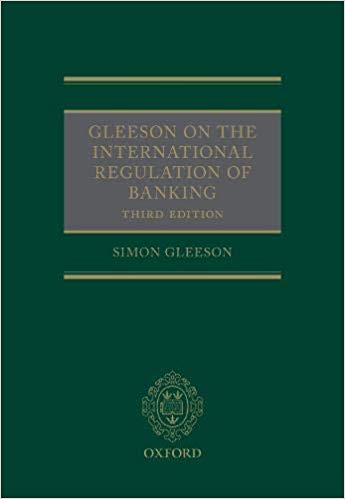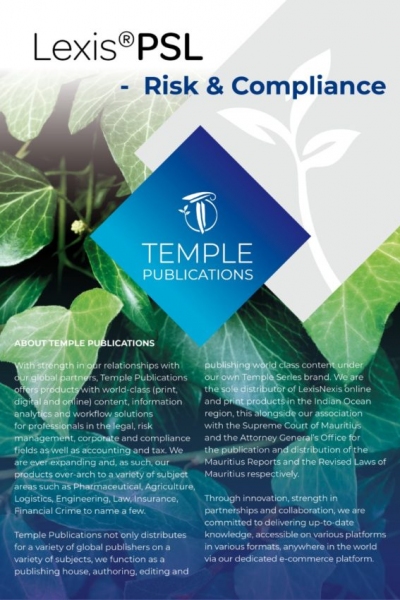Description
About Tax Authority Advice and the Public
There is now almost universal acceptance that tax law is overly complex and indeterminate; and yet, there has to date been no comprehensive assessment of the role of the tax authority in the current arrangement. If the legislation and case law offer few immediate answers to the taxpayer, then the role of Her Majesty’s Revenue & Customs (HMRC) in advising taxpayers becomes more apparent.
This monograph contends that the provision of advice by HMRC is desirable by virtue of the rule of law and it follows that any such advice should be correct, clear, accessible and reliable. Additionally, there should exist some means of scrutinising the advice in order to check that it satisfies these criteria.
Tax Authority Advice and the Public explores this view of HMRC’s role in tax collection. It explains the deficiencies in the current system in this light, highlighting the pitfalls for taxpayers and practitioners as well as the potential remedies. Finally, the book assesses potential reforms which could be adopted in order to alleviate existing problems.
A timely and ambitious work, this book is essential reading for practitioners and academics interested in the interaction between tax administration and public law.
Table Of Contents
1. Introduction
I. Introduction
II. Background
III. Justification for Study
IV. Book Outline
V. Conclusion
2. What is HMRC Advice?
I. Introduction
II. Individual Advice
III. General Advice
IV. Conclusion
3. The Role of HMRC Advice
I. Introduction
II. Understanding HMRC’s Role
III. The Desirability of HMRC Advice
IV. A Normative Framework for HMRC Advice
V. Conclusion
4. Problems with Advice
I. Introduction
II. Correctness
III. Clarity
IV. Accessibility
V. Conclusion
5. Scrutiny
I. Introduction
II. Parliamentary Scrutiny
III. The Adjudicator and Ombudsman
IV. The Tribunals and Courts
V. Taxpayers and Representative Groups
VI. Conclusion
6. Remedies
I. Introduction
II. Public Law
III. Private Law
IV. Non-court Remedies
V. Conclusion
7. Reforms
I. Introduction
II. Binding Rulings
III. Proposals in Respect of Individual and General Advice
IV. Conclusion
8. Conclusion






